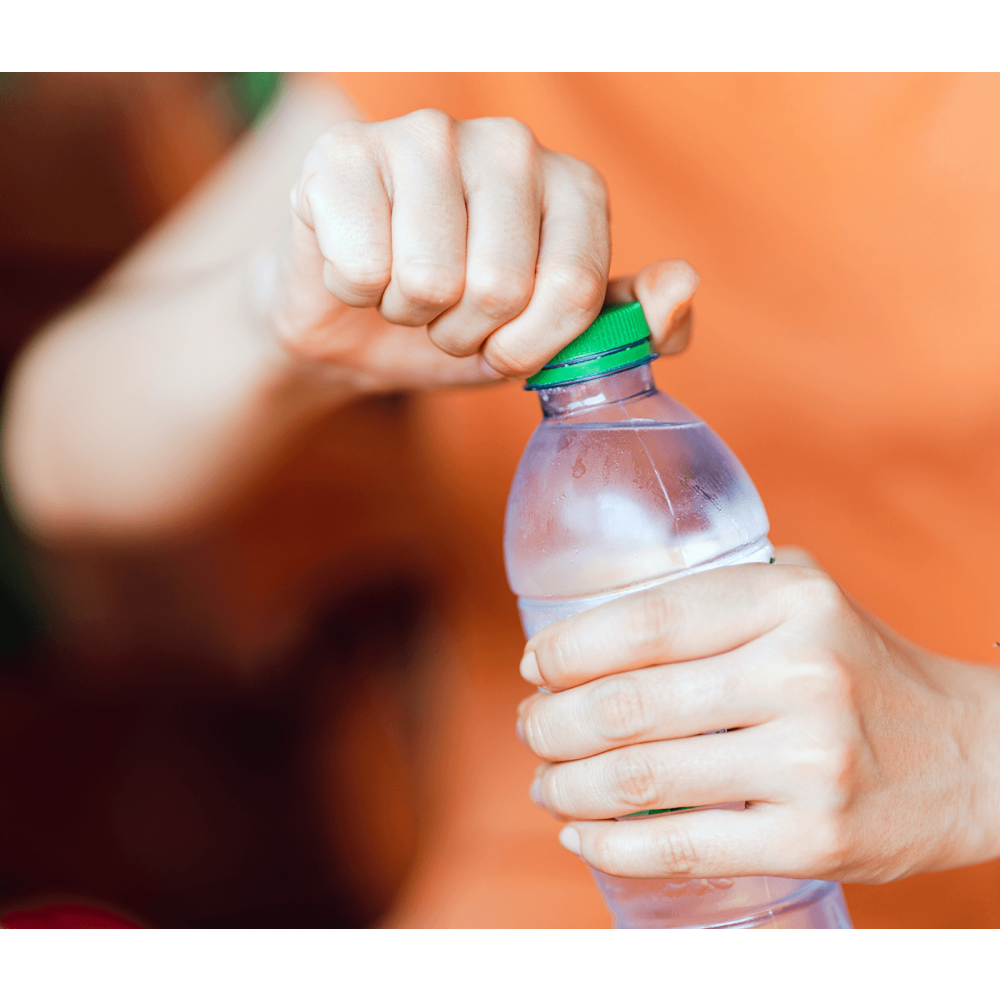16 June 2016
Incontinence & Preparing For Alzheimer’s and Dementia Care
Here at Incontinence UK we understand how important it is to prepare for the care of somebody with dementia; especially due to incontinence problems; so we wanted to share this useful guide and tips from the Alzheimer’s Society for you to refer to.
Someone with dementia is more likely to have accidents, problems with the toilet or incontinence than a person of the same age without dementia, particularly as the condition progresses.
Causes of accidents and problems can include:
somebody with dementia; especially due to incontinence problems; so we wanted to share this useful guide and tips from the Alzheimer’s Society for you to refer to.
Someone with dementia is more likely to have accidents, problems with the toilet or incontinence than a person of the same age without dementia, particularly as the condition progresses.
Causes of accidents and problems can include:
- not being able to react quickly enough to the sensation of needing to use the toilet
- failure to get to the toilet in time, sometimes due to mobility problems caused by other conditions such as arthritis
- not being able to communicate the need to go to the toilet
- inability to find, recognise, or use the toilet; if someone becomes confused about their surroundings, they may urinate in an inappropriate place because they have mistaken it for a toilet
- not understanding a prompt from someone to use the toilet
- not managing the personal activities of toileting, such as undoing clothing and personal hygiene
- not letting others help with toileting - perhaps because of embarrassment or not understanding the offer of help
- not making any attempt to find the toilet - this could be due to lack of motivation or depression, or because the person is distracted
- embarrassment after an accident, which the person unsuccessfully tries to deal with. Wet or soiled clothes may be put out of sight to be dealt with later, but then forgotten
- Urinary tract infections - these usually respond to treatment with medication
- Prostate gland trouble - this affects men, and may be treatable.
- Constipation - this is uncomfortable and also makes both bladder emptying and 'holding on' more difficult to control. Constipation is also a very common cause of faecal incontinence, for example when liquid faeces flow around a hard, impacted stool.
- Side effects of medication – the doctor may be able to address this by changing the person's prescription or altering the dose.
- Other bowel conditions such as irritable bowel syndrome.
- The person should drink six to eight glasses of fluids each day. Cutting down fluids or not drinking them for long periods of time (for example to avoid the need to urinate at night) can cause urinary tract infections and constipation.
- They should eat a balanced diet with at least five daily portions of fruit and vegetables, and enough fibre to ensure a regular bowel movement.
- The person should keep as mobile as they can. If they are able, walking every day helps with bowel movements.
- Ensure a regular time, and allow enough time on the toilet, to empty bowels.
- If a health professional has suggested the person might have an overactive bladder, they will advise replacing drinks which irritate the bladder (e.g. tea, coffee, cola or alcohol) with water, herbal teas, squash and fruit drinks.
- Women with mild dementia and urinary stress incontinence sometimes learn pelvic floor exercises, with the support of specialist continence nurses or physiotherapists. These exercises can cure stress incontinence caused by weakness of the pelvic floor muscles due to childbirth or ageing.
- If constipation is the cause of faecal incontinence, carers can learn to massage the person's abdomen to relieve the blockage.
- Help the person identify where the toilet is. A sign on the door, including both words and a picture, may help. It will need to be clearly visible, so place it within the person's line of vision and make sure the sign is bright so it's easy to see. Help the person know when the toilet is vacant; leaving the toilet door open when not in use makes this obvious. Check the placement of mirrors in the bathroom. The person with dementia may confuse their reflection for someone else already in the room, and not go because they believe the toilet is occupied.
- Help the person make their way easily to the toilet. Move any awkwardly placed furniture or prop ajar any doors that are hard to open. The room and the route to the toilet should be well lit especially at night. Movement sensor lights in the bedroom and bathroom can help at night.
- Putting a urinal bottle (designed for men and women) or commode next to the bed at night
- Make using the toilet easier for people with mobility problems. Aids such as handrails or grab bars and a raised toilet seat may help.
- Help the person identify and use the toilet. A contrasting colour (e.g. black seat on a white base) can make it easier to see. Some men who have poor mobility or balance, or who can no longer direct their penis when urinating, may find it easier to sit rather than stand.
- Help the person undo, remove and replace clothing easily. Trousers with an elasticated waist are often easier than zips. Some people find tab fastenings easier to use than zips or buttons.
- The person should have privacy in the toilet, but make sure they don't have difficulty managing locks. Some people with dementia struggle with this. To avoid the person locking themselves in, disable locks or ensure you can open them quickly from the outside.
- Plan in advance - find out where accessible toilets are.
- Buy a RADAR key - this gives people with dementia independent access to thousands of locked public toilets around the country.
- Carry a Just Can't Wait Toilet Card. These can be bought from the Bladder and Bowel Foundation. The card should encourage places such as shops to help with access to toilets.
 Incontinence UK offer a wide range of disposable and washable incontinence products including insert pads and pull up pants that can be worn day and night to draw fluids away from the skin and keep the person nice and dry. We also sell a range of incontinence bed protection products to help keep the person and bed dry at night and get a great night’s sleep. Do take a look at our Incontinence UK website or call us for confidential advice on 0800 068 3625.
For the full report and more information on dementia care and incontinence please visit the Alzheimer’s Society website.
Best Wishes
Incontinence UK Team
www.incontinenceuk.co.uk
Incontinence UK offer a wide range of disposable and washable incontinence products including insert pads and pull up pants that can be worn day and night to draw fluids away from the skin and keep the person nice and dry. We also sell a range of incontinence bed protection products to help keep the person and bed dry at night and get a great night’s sleep. Do take a look at our Incontinence UK website or call us for confidential advice on 0800 068 3625.
For the full report and more information on dementia care and incontinence please visit the Alzheimer’s Society website.
Best Wishes
Incontinence UK Team
www.incontinenceuk.co.uk





